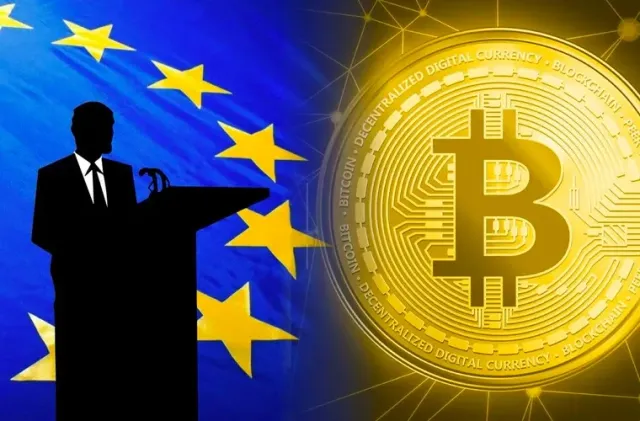New EU Crypto regulations will hold exchanges responsible for customer losses.

The European Union (EU) has approved landmark cryptocurrency regulations that will hold crypto exchanges responsible for customer losses. The rules, set to take effect in 2024 across the 27 EU member states, aim to protect investors and prevent money laundering and terrorist financing. The regulations require crypto providers to obtain licenses and disclose their energy consumption to monitor the environmental impact of cryptocurrencies. Suspicious transactions can be blocked, and crypto assets can be traced, similar to money transfers. The rules also seek to enhance consumer protection, prevent market manipulation, and combat financial crime.
EU closes the stable door after the horse has bolted
The EU's move to regulate cryptocurrencies comes in response to recent events, including the collapse of FTX, one of the world's largest crypto exchanges, resulting in $8 billion in customer losses. While some in the crypto industry support regulations for clarity and growth, others view regulation as a threat to the decentralized nature of cryptocurrencies. The EU's progress in implementing crypto rules is seen as a step towards global coordination in regulating cryptocurrencies. The EU aims to lead the way in establishing a shared international approach to crypto regulation, with the US expressing interest in their efforts. A global agreement on crypto regulation would involve comprehensive regulation, information exchange, investor protection, and environmental considerations, fostering a more sustainable and secure cryptocurrency ecosystem.
As the EU takes a significant step in crypto regulation, other countries like the US and UK are playing catch-up. The US is still determining how to implement oversight, while Britain has yet to establish a timeline for regulating crypto assets. However, if a global agreement is reached based on the EU's regulatory framework, it could unlock numerous benefits, including cheaper, faster, and safer payments worldwide and redirecting funds currently used to cover credit and settlement risks in the traditional financial system.

We're confident we can supercharge your software operation
Our products and services will delight you.
Read more:

AI Fatigue in Development: Why Constant AI Assistance Can Wear You Down
There’s a familiar pattern among developers who have spent any time with AI-assisted tools: initial curiosity, followed ...

Remote Cloud Sandboxes: Reducing Merge Conflicts in Distributed Teams
In distributed engineering teams, merge conflicts are a recurring headache. They slow down development, frustrate engine...

CI/CD Pipelines Shouldn’t Be a Full-Time Job
If you’ve ever felt like your CI/CD pipeline is working against you rather than for you, you’re not alone. The promise o...

What Is a Cloud Landing Zone — And Why You Need One Before You Scale
Moving to the cloud is deceptively easy. You create an account, spin up a few services, deploy your first worklo...

Did React Router Framework Kill Next.js?
As frontend developers, we tend to talk in binaries: X killed Y, this is the future, that’s dead. The past years' rise o...

A Secure Software Development Lifecycle (SDLC): Building Security Into Every Step
In modern software development, security cannot be an afterthought. Vulnerabilities discovered post-release can cost com...
